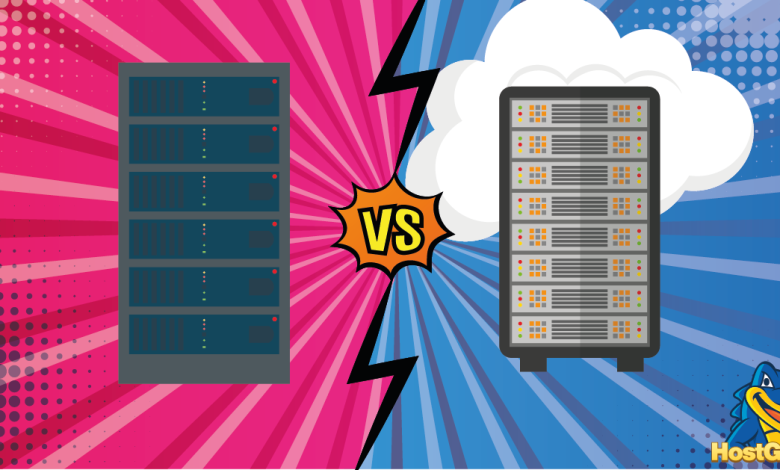All You Need to Know about Shared Hosting and VPS Hosting

In this fast-paced and technological era, having a reliable web hosting service is crucial for all sizes of businesses and individuals. When it comes to hosting, there are two popular options available to choose from. The first one is shared hosting,and the second one is VPS hosting. The only trick to choosing the right hosting plan for you is to understand the differences between these two hosting types. Having complete knowledge will help you make an informed decision that suits your specific needs. Read below the key aspects and the difference between shared hosting and VPS hosting.
Introduction to VPS Hosting:
VPS stands for Virtual Private Server. VPS hosting provides a dedicated virtual environment within a physical server, offering more control and resources compared to shared hosting. In this setup, a server is divided into multiple virtual compartments, each acting as an independent server with its own dedicated resources, including storage, RAM, and bandwidth. This isolation ensures that the performance of your website is not impacted by the activities of other users. Many hosting providers offer affordable dedicated web hosting to businesses which proves a cost-effective solution without compromising on performance.
Advantages of VPS Hosting:
VPS hosting offers numerous advantages, especially for businesses and websites with higher traffic and resource requirements. The dedicated resources provided by VPS hosting guarantee better performance, faster loading times, and improved reliability. Moreover, VPS hosting allows greater customization options, as you have root access to your virtual server, enabling you to install software, configure settings, and tailor the environment according to your specific needs. This level of control is beneficial for websites that require specific software or have unique security requirements.
What is Shared Hosting?
Shared hosting is a common and cost-effective solution for beginners and small-scale websites. In shared hosting, multiple websites are hosted on a single server, sharing its resources such as storage, bandwidth, and CPU power. This setup allows hosting providers to offer affordable plans as the server costs are divided among multiple users. However, sharing resources also means that the performance of your website may affect because of the activities of other websites utilizing the same server.
Advantages of Shared Hosting:
Shared hosting offers several advantages. Firstly, it is budget-friendly, making it an ideal choice for startups and personal websites with limited budgets. Additionally, shared hosting providers handle server maintenance, security updates, and technical support most of the time which results in saving you time and effort. With a user-friendly control panel, managing your website becomes a hassle-free experience, even for those without technical expertise.
Limitations of Shared Hosting:
While shared hosting has its benefits, there are certain limitations to consider. Since resources are shared among multiple websites, the performance of your website can be affected by sudden traffic spikes or resource-intensive activities of other users. Additionally, customization options are limited, as you have to abide by the server’s configuration and settings. If your website requires extensive customization, shared hosting may not be the best choice for you.
Considerations for Choosing the Right Hosting:
Choosing between shared hosting and VPS hosting depends on your website’s needs and growth potential. Shared hosting is suitable for small-scale websites with limited budgets and traffic, while VPS hosting is recommended for websites with higher traffic, resource-intensive applications, or those requiring customization. It is crucial to evaluate factors such as scalability, performance, security, and cost when making a decision. Assess your current requirements and future growth projections to determine the hosting option that aligns with your goals.
Scalability and Resource Allocation:
Scalability is an important consideration when choosing a hosting option. Shared hosting plans often have limitations when it comes to scaling resources. Since you are sharing resources with other users, you may encounter restrictions on storage space, bandwidth, or CPU usage. On the other hand, VPS hosting allows for more scalability as you have dedicated resources allocated to your virtual server. You can easily upgrade or downgrade your resources based on your website’s needs, ensuring optimal performance even during periods of high traffic or resource demand.
In conclusion, shared hosting and VPS hosting are two different options with their own advantages and limitations. Shared hosting offers affordability and simplicity, while VPS hosting provides enhanced performance, customization, and control. Understanding the differences and assessing your specific needs will help you choose the right hosting solution that ensures optimal performance and scalability for your website.





